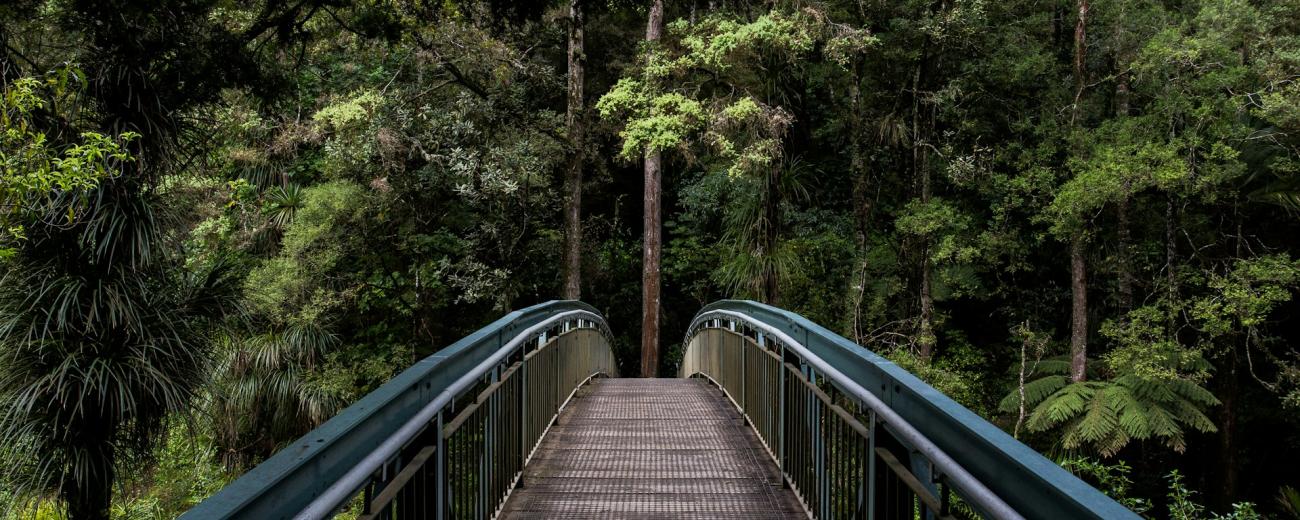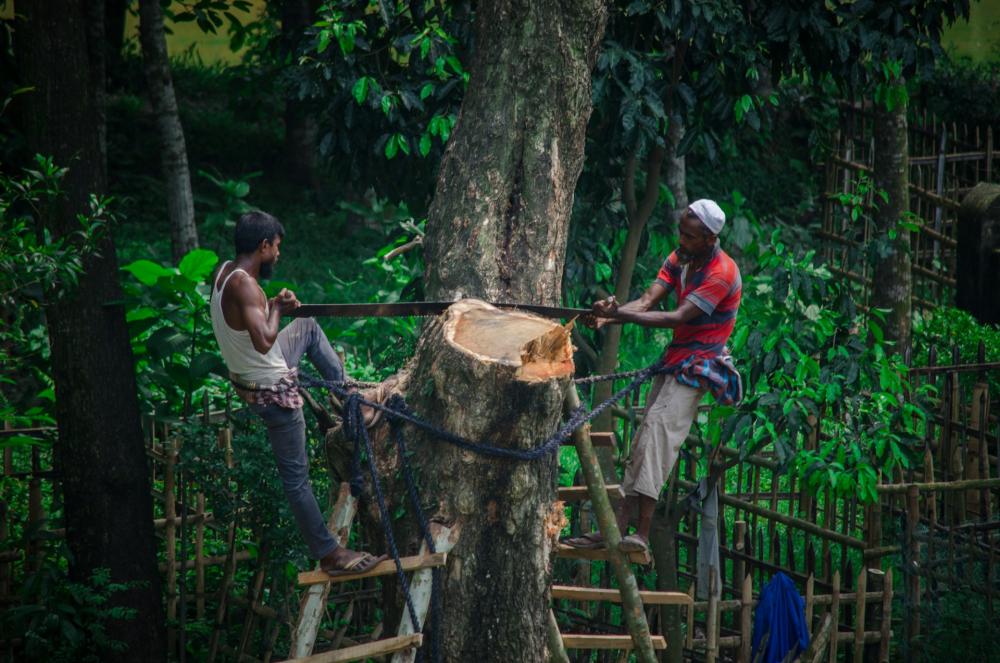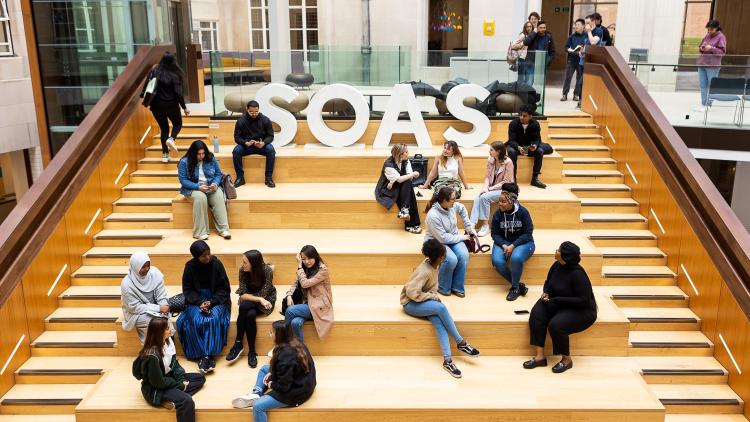Towards a green and just transformation of finance in the Anthropocene: The role of the SOAS Centre for Sustainable Finance


We are living in times of ecological crisis. Over the last decades, humans have been causing global warming, deforestation, water scarcity, biodiversity loss and other harmful, and potentially irreversible, changes to ecosystems.
Yet the global financial system continues to be misaligned with the realities of the ecological emergency: the world’s big banks continue to finance the fossil fuel industry, most central banks around the world fall short of supporting the green transition, and climate-vulnerable communities do not have access to financial resources that would allow them to adapt to environmental changes.
The global financial system is also reinforcing the injustices of the Anthropocene. This is not only because it finances polluting activities that disproportionately affect the living conditions of Global South communities, women and racial minorities. It is also because global finance has started to support green activities associated with land grabbing and the extraction of transition materials in ways that increase labour exploitation and harm local ecosystems. On top of it, credit rating agencies have started considering the downgrade of climate-vulnerable countries in the Global South. This can accelerate the vicious cycle of debt and climate, worsen the financial vulnerability of these countries and undermine climate-aligned development.
The rules that govern finance need to change.
Addressing the ecological crisis requires a fundamental transformation of central banking, financial supervision, public banking, and the multilateral development banking system. It also requires the development of new global finance mechanisms that would address environmental financing gaps in a just way.
What is the contribution of the SOAS Centre for Sustainable Finance?
Through its research, teaching, capacity building and consultancy activities, the SOAS Centre for Sustainable Finance is contributing to a green and just transformation of finance. The centre conducts research on the greening of monetary and financial policy tools, the role of public financial institutions in advancing the green transition, the macrofinancial effects of climate change, and the injustices generated by climate finance.
The Centre has also been a pioneer and leader in capacity building among central banks and financial supervisors. It has delivered customised training programmes to central banks and financial supervisors, including for the Central Bank of Brazil, the Monetary Authority of Singapore, the Central Bank of Argentina, Bank Negara Malaysia, Bank of Thailand, and the Central Bank of Oman. Together with the South East Asian Central Banks (SEACEN) Research and Training Centre, it has designed and co-convened the ASEAN Core Curriculum on Climate Risk and Sustainable Finance, a capacity building programme with five thematic blocks tailored to the needs of the ten central banks of the Association of Southeast Asian Nations (ASEAN).
The University Network
In 2022, the SOAS Centre for Sustainable Finance together with the World Resources Institute established the Resilience Adaptation Mainstreaming Program (RAMP), a large-scale capacity building programme designed to accelerate climate adaptation in countries in the Global South by strengthening capacity in ministries of finance, planning and economics to understand, plan for, and finance climate adaptation actions. A key part of RAMP is the University Network for Strengthening Macrofinancial Resilience to Climate and Environmental Change, the Secretariat of which is hosted by the SOAS Centre for Sustainable Finance. The University Network develops curricula and course materials, delivers teacher training and supports research activities to enable faculty at its member universities in climate-vulnerable countries to offer high-quality graduate-level teaching and professional training for governments. Through such capacity building, RAMP and the University Network contribute to systemic change in public financial management and public policy for climate finance in climate-vulnerable countries.
The SOAS Centre for Sustainable Finance is one of the very few research centres globally that analyses sustainable finance from a Global South lens. It has the ambition to increase its equitable partnerships with the Global South and continue acting as a focal point for policy debates and research initiatives that are conducive to the green and just transformation of finance in the Anthropocene.
Header image credit: Tim Swaan via Unsplash.
About the author
Yannis Dafermos is a Reader in Economics at SOAS University of London. His research interests lie in financial macroeconomics, climate finance, ecological macroeconomics, climate-aligned development, inequality and the political economy of the green transition.



